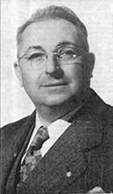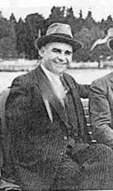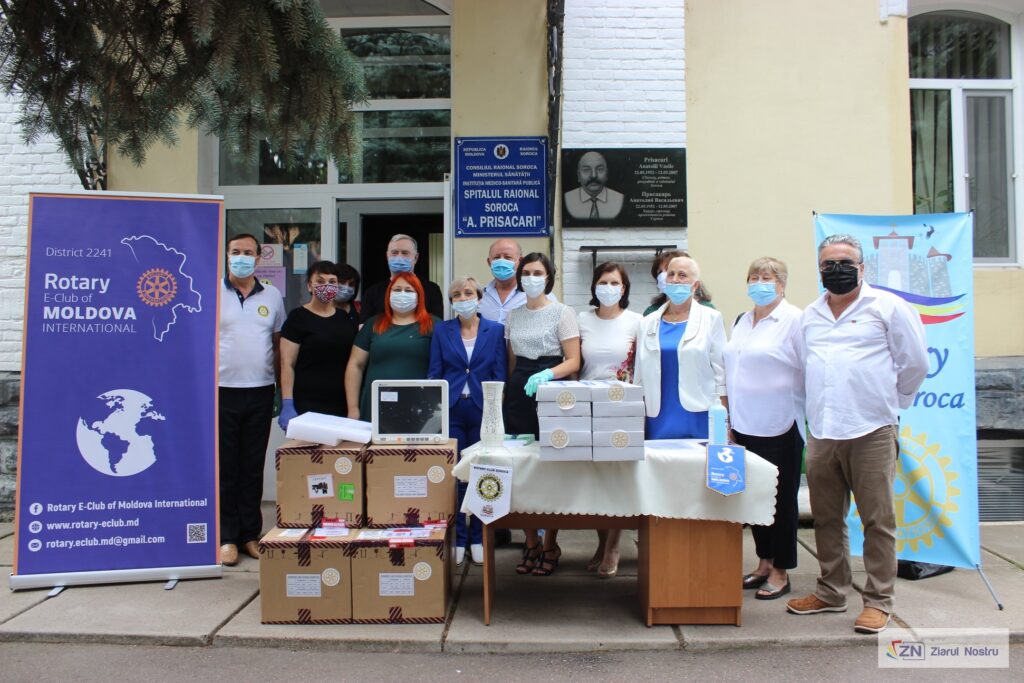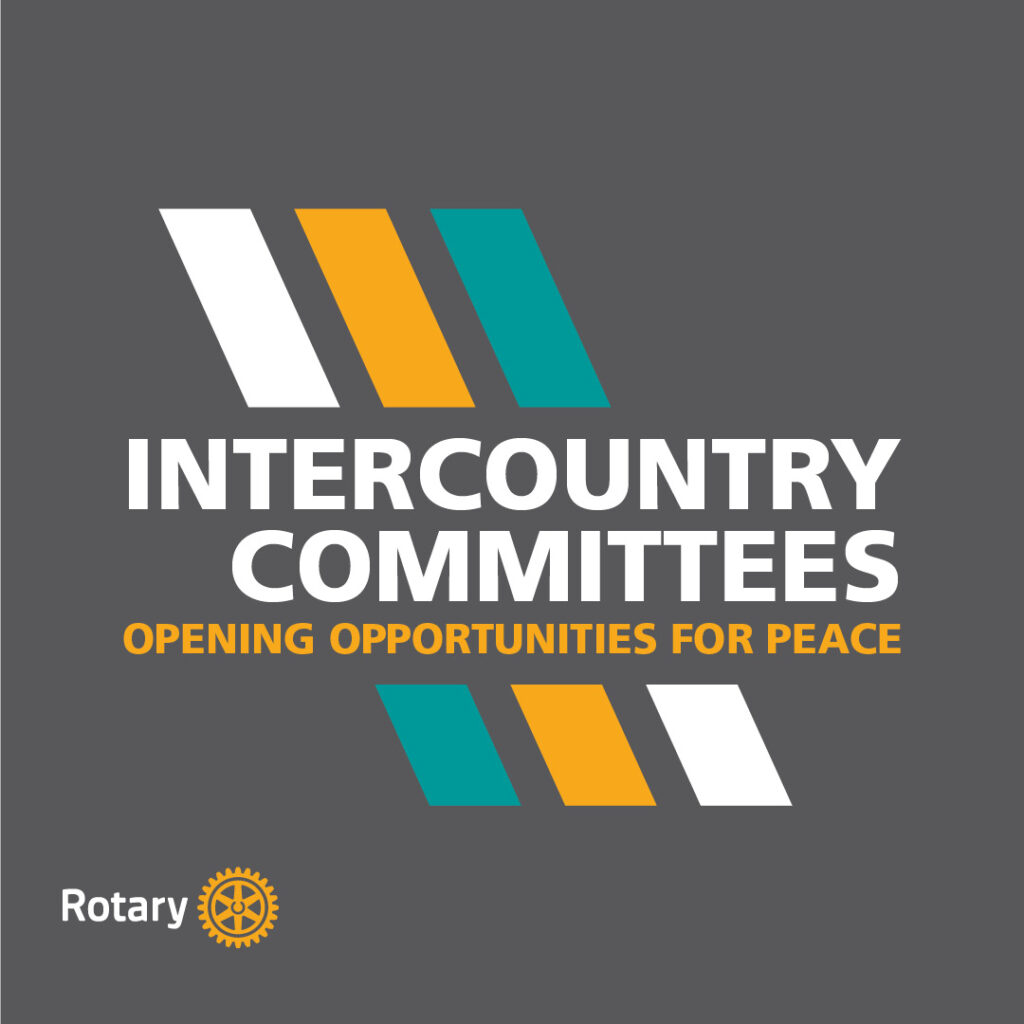The History of Intercountry Committees
In 1950, shortly after World War II, a few German and French Rotarians met in Strasbourg. They aimed to renew friendly relations and reconnect Rotarians affected by two world wars. Their discussions led to Rotary’s first Intercountry Committee (ICC), focused on reconciliation between Germany and France.
For over seven decades, similar committees have expanded Rotary’s service, implemented large-scale projects, and promoted peace.
Rotarians’ advocacy for peace
Rotary International aims to create more peaceful and resilient societies by upholding ethical and cultural values and implementing service and peacebuilding projects. From a resolution after World War I advocating for “peacekeeping” to the establishment of Rotary Peace Centers in 2002, Rotary has a long history of promoting peace and addressing the root causes of conflict in communities worldwide.
In 1921, Rotary’s advocacy for peace truly commenced, just a few years after the end of World War I. Rotarians pondered how Rotary could help prevent future wars like the one they had just experienced.
At the International Convention in Edinburgh, Scotland – the first Rotary International Convention held outside the United States – delegates integrated a new purpose into the RI Constitution: “To advance peace and goodwill through fellowship among Rotarians united in the ideal of Rotary service.”
1921: Rotary International Convention in Edinburgh, Scotland
1931: Rotary International Convention in Vienna, Austria
1931: “Le Petit Comité France Allemagne”
In 1931, amidst the resurgence of nationalism across Europe, Past District Governors Otto Boehler (Rotary Club of Vienna D.73) and Georges Bernardot (Rotary Club of Paris D.49) established the “Petit Comité Franco-Allemand” (Little Franco-German Committee) at the Rotary International Convention in Vienna, Austria.
Their goal was to foster peace and understanding between German and French Rotarians.
However, the committee ceased its activities at the end of 1937 due to the Nazi government’s ban on German and later Austrian Rotary Clubs.
1950 : birth of the first ICC
In 1950, Roger Coutant, from the Rotary Club of Lille, the Governor of District 70 (which then extended from Dunkirk to Strasbourg) and Past Governor Jean Caroni from the same club, set out to restore relationships across the Rhine.
In Baden-Baden, on May 18, 1950, Robert Haussmann from the Rotary Club of Stuttgart, the first German governor after World War II, organized his district’s first post-war conference. Roger Coutant, accompanied by seven French Rotarians, advocated for the restoration of Franco-German relations.
1950 : French and German Rotarians organize the first ICC


On May 23, 1950, in Strasbourg, during the District 70 conference, Governors Robert Haussmann and Roger Coutant officially established the first Intercountry Committee between France and Germany.
The initiative aimed to form an association of clubs dedicated to re-establishing international friendship and promoting peace. On this memorable day, a resolution was also adopted by the 24 German Rotary Clubs, condemning attacks and actions against “Human Rights”. Robert Haussmann remarked that day: “All Rotarians must be at the forefront of the ideal of peace.“
The year 1950 was notable as it saw the commencement of many long-awaited international and intergovernmental organizations. These entities proved vital in promoting the humanitarian principles that form the foundation of societies and fostered a sense of understanding and unity among individuals from different nations.
With this encouragement, Roger Coutant and Robert Haussmann organized the first constitutive meeting of the Committee at the Hotel Harlas in Heidelberg. Rules of procedure were adopted. Subsequent biannual and later annual meetings took place in cities such as Paris, Cologne, Marseille, Essen, and Bordeaux.
One of the primary aims of the France-Germany ICC was to reestablish connections between the clubs in both nations.
Given the recent sorrow and destruction caused by the war, it may have appeared overly optimistic to expect true dedication to this goal, but such a perspective would overlook the generosity, practicality, and wisdom of the Rotarians from both France and Germany.
An inaugural club twinning was formed between Lille and Köln. Frank Spain, Rotary International President 1951-1952, financially supported the creation of Intercountry Committees in Europe, particularly the France-Germany ICC.
Peace-building
After the charter of the France-Germany ICC in 1950, a wide network of Inter-Country Committees emerged in Europe and throughout the world.
Over the years, these connections have led clubs and districts to jointly carry out international service projects (previously named “World Community Service projects”).
What began with the twinning of clubs in different countries led to increased international contacts among Rotarians, promoting a spirit of tolerance and understanding.
2024: ICC Executive Council meeting, before the Rotary Day at UNESCO
Rotarians, clubs, and districts from countries paired by an Intercountry Committee soon realized that collaborating on joint projects and initiatives allowed them to promote peace through improved communication and mutual understanding.
By 1958, the program’s success in Western Europe demanded a more structured organization. Each country appointed one contact person for national coordination, reporting to an annual “Executive Council” meeting, chaired alternately by these representatives, assisted by a small administrative team.
Assisting in the expansion of Rotary
Intercountry Committees have contributed to the development of Rotary over the past 30 years.
When the Berlin Wall fell, these committees assumed another significant role. In the early 1990s, French Rotarians established ICCs with Poland, Russia, and Ukraine. This initiative helped reintroduce Rotary clubs in Poland and Ukraine and promoted the formation of the first Russian Rotary clubs following the fall of communism.
The ICCs have played a significant role in the expansion of Rotary in Eastern and Central Europe. Without their assistance, Rotary’s initial forays into the Baltic states, Bulgaria, Hungary, Poland, Romania, Russia, and Ukraine would have undoubtedly been more challenging.


Today, Inter-Country Committees are active well beyond Europe. There are hundreds of committees across Europe, Africa, Asia, North and South America, and Oceania.
They play a vital role in initiating and supporting bilateral humanitarian efforts, promoting mutual respect, and aspiring to the ideal of peace.
The committees utilize all Rotary International programs and initiatives, prioritizing those that can foster peace between and within countries.
